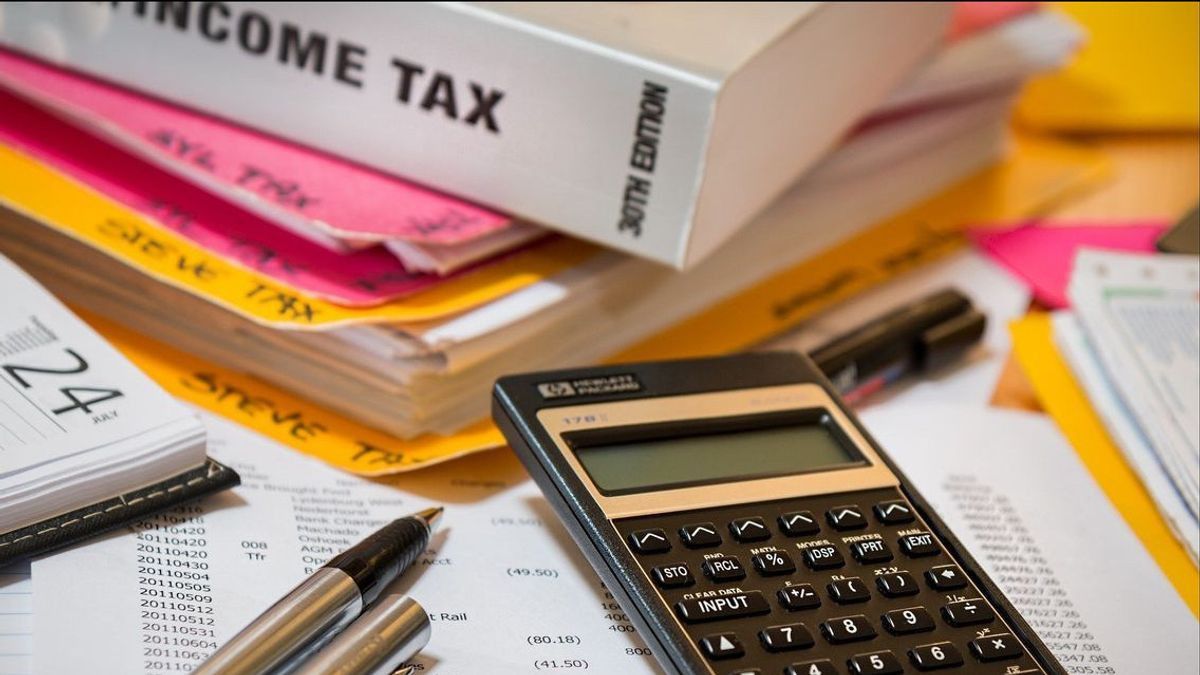JAKARTA Senior economist from the Institute for Development of Economics and Finance (Indef) Fadhil Hasan said that the challenge of collecting tax revenues in the 2023 period was more dynamic than in 2022.
According to him, the positive results of last year's coffers of the country could not be separated from the soaring price of a number of Indonesia's leading export commodities, such as new stones and palm oil (crude palm oil/CPO).
So far, our taxes have reached the target because of the windfall profit from commodities. Now, for 2023 I see that some of our leading export commodities will not experience another price hike, although the uncertainty is still continuing due to the war in Ukraine," he said through a virtual channel on Thursday, January 5.
Therefore, continued Fadhil, the potential inability of this year's tax revenue target has the opportunity to become greater than before.
"Perhaps the tax revenue to be obtained will not be as big as (shortfall) was expected, as last year," he said.
Fadhil also encouraged the government to continue to increase the added value of Indonesia's exports in order to maintain the continuity of state revenues. This is because the trend of windfall obtained recently is due to a surge in prices in the market.
"If we benefit only from the increase in prices determined by the international market, then it is the same as not doing anything. So what must be done, I think it must be internal, we increase the quality and volume of exports," said Fadhil.
For information, in the presentation of the realization of the 2022 State Budget (unaudited) by the Ministry of Finance, it is known that tax revenues were recorded at IDR 2,034.5 trillion or 114 percent of the target of IDR 1,784 trillion.
This tax revenue consists of two sectors, namely tax revenue which posted Rp1,716.8 trillion (115 percent of the target), as well as customs and excise revenues with a realization of Rp317.8 trillion (106 percent).
Meanwhile, tax revenues have succeeded in breaking the target in two consecutive years, namely in the 2021 State Budget, and the 2022 State Budget.
The English, Chinese, Japanese, Arabic, and French versions are automatically generated by the AI. So there may still be inaccuracies in translating, please always see Indonesian as our main language. (system supported by DigitalSiber.id)










